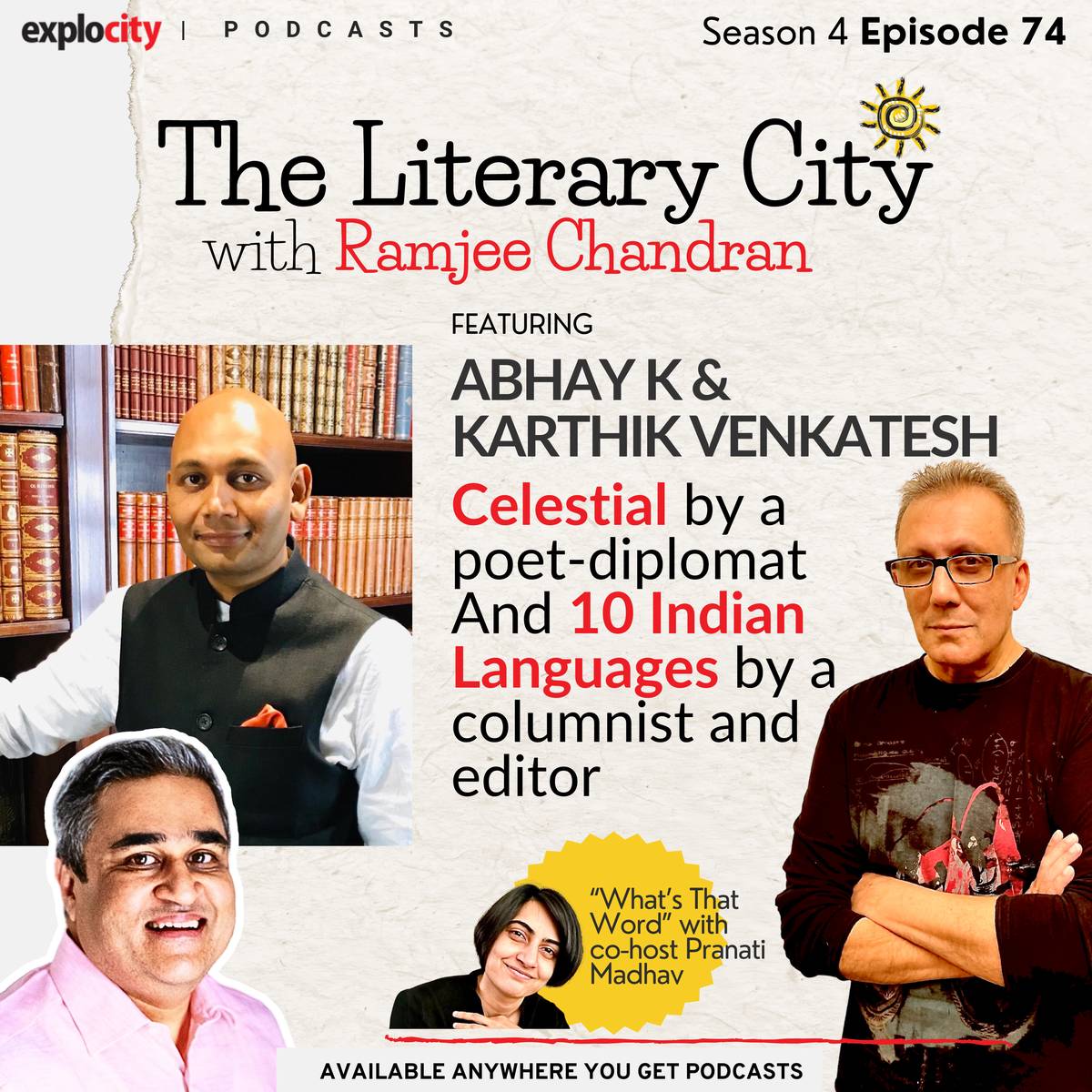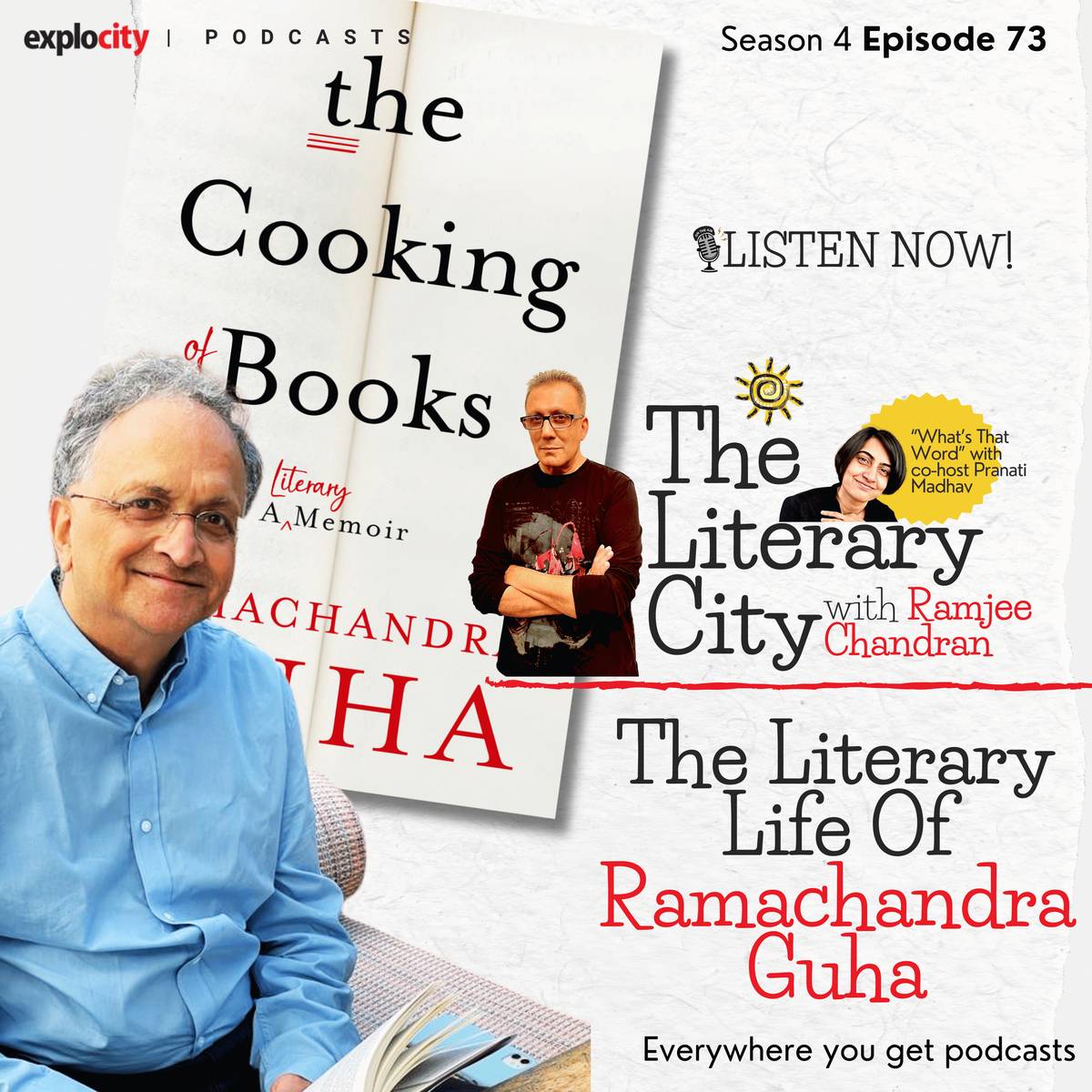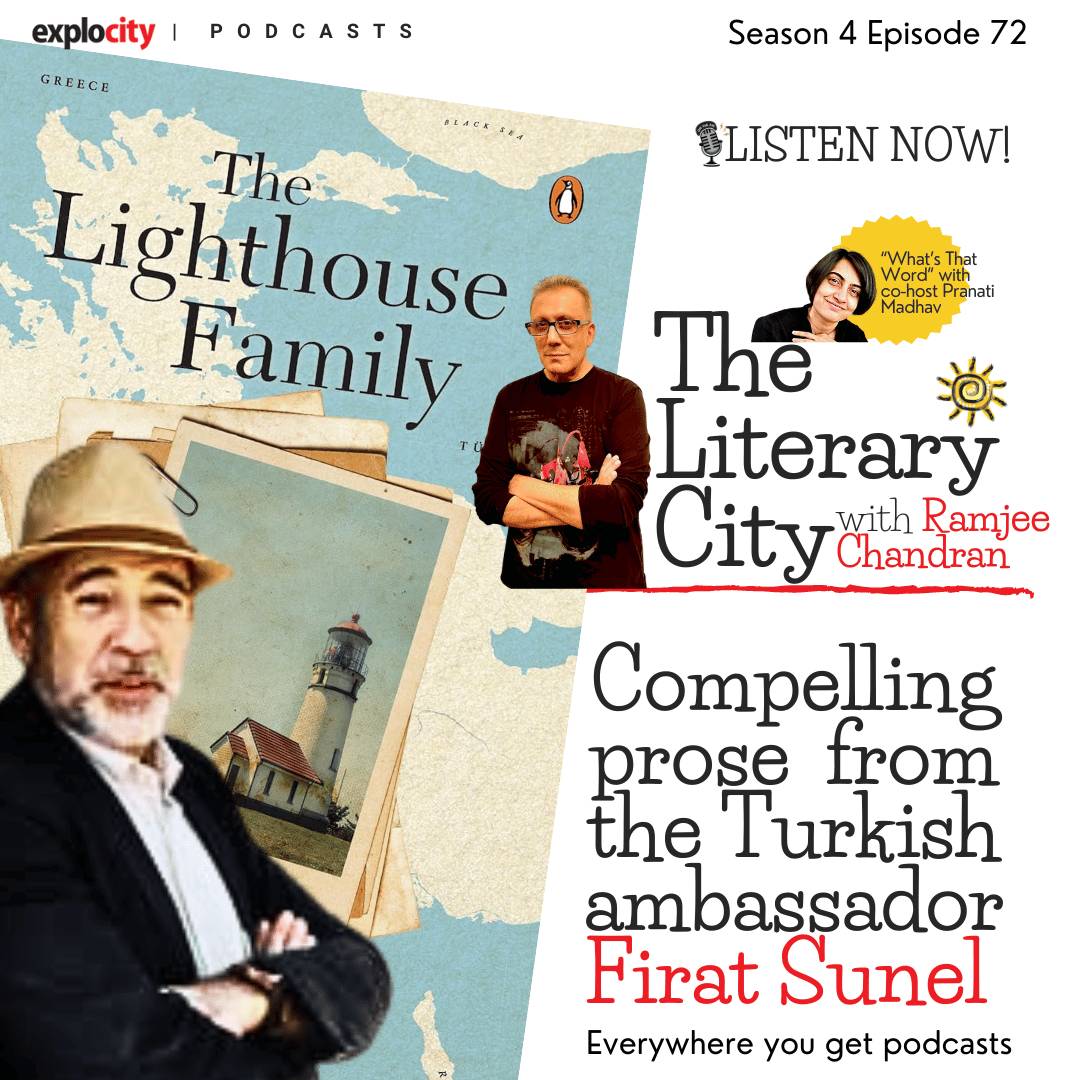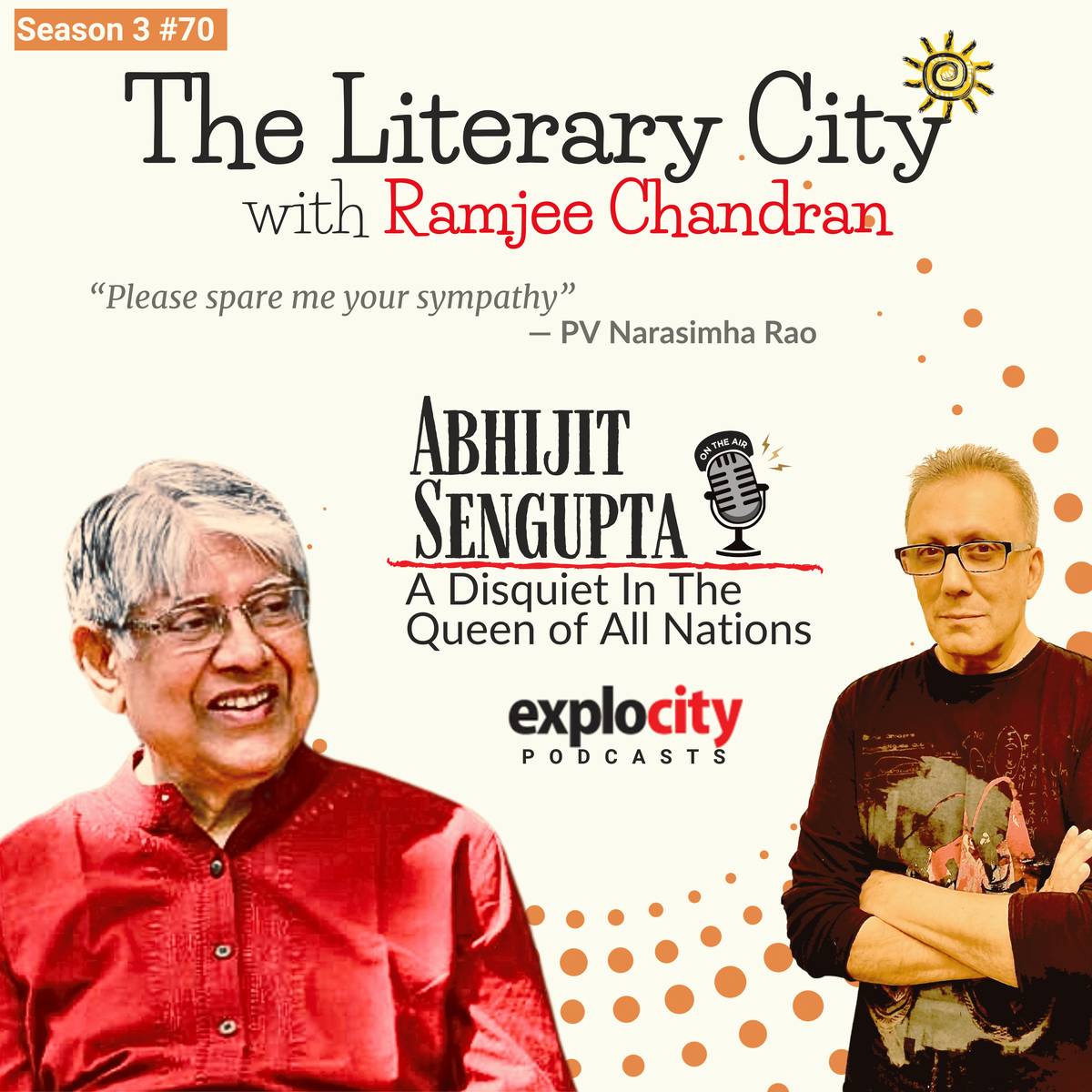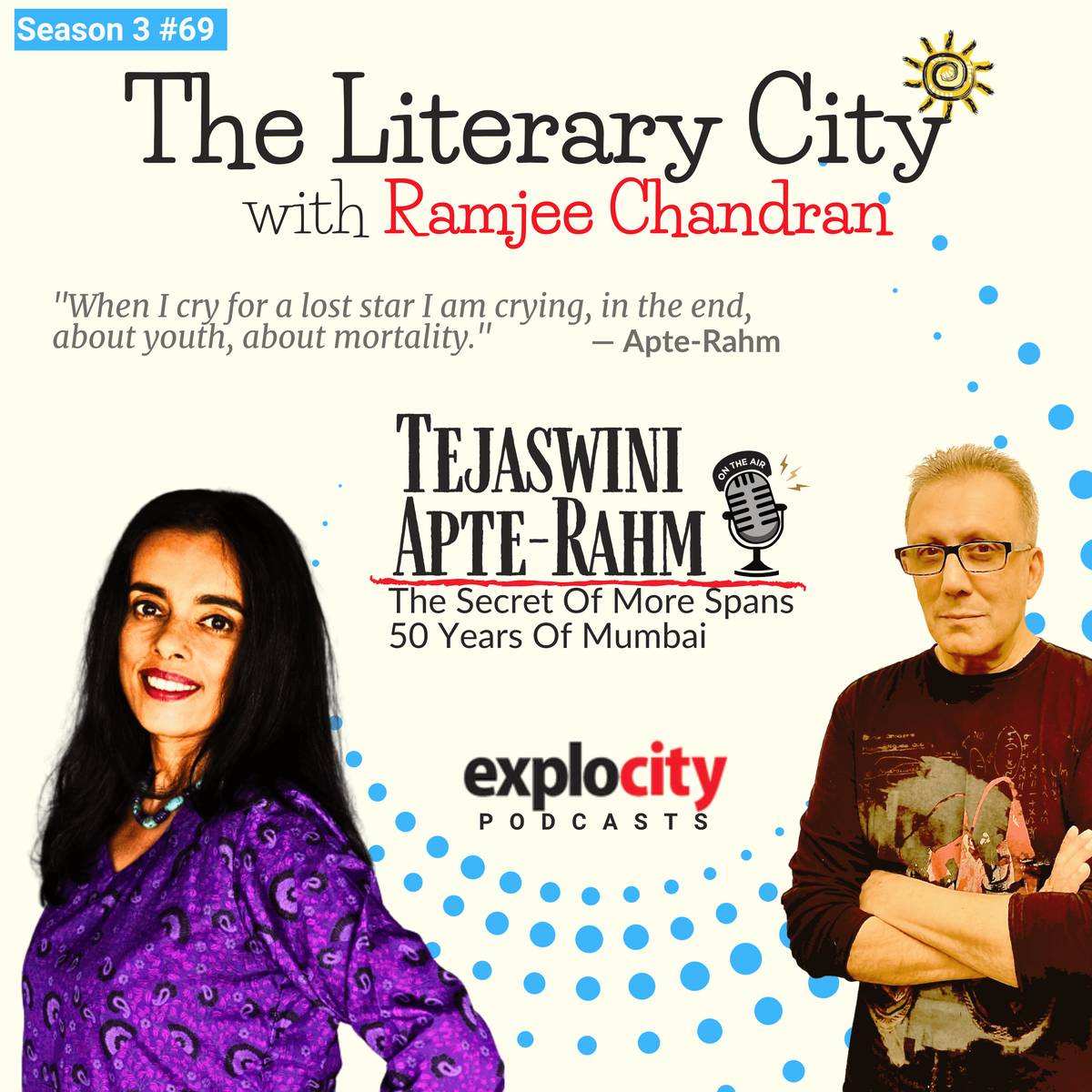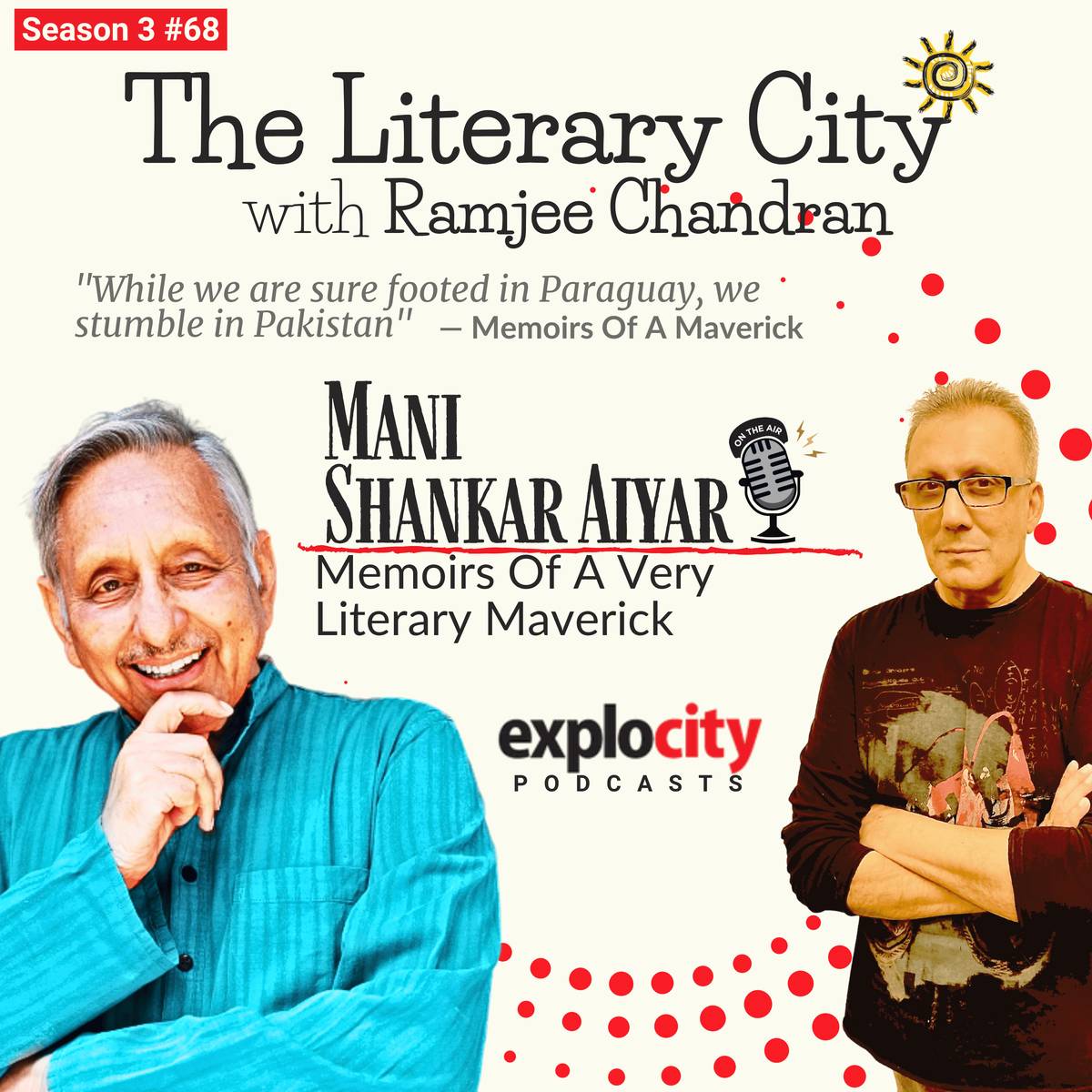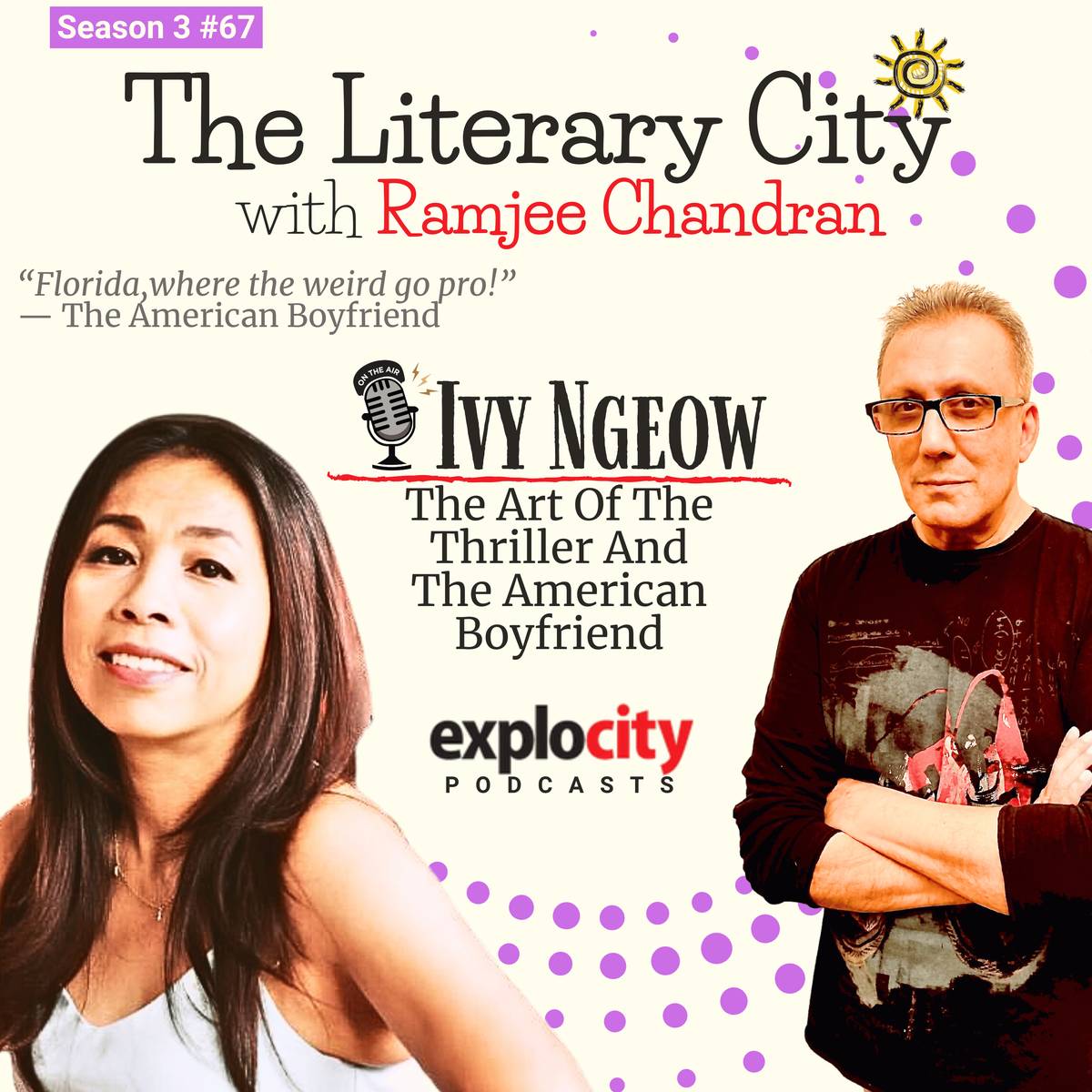Churchill And India Fighting Retreat With Historian Walter Reid
Today, to guide me through understanding Churchill and India, I have the privilege of talking to my guest—renowned historian and author, Walter Reid—whose new book, Fighting Retreat, unravels the layers of Churchill's impact on the Indian subcontinent.
Dec 13, 2023, 10 19 | Updated: Dec 13, 2023, 10 19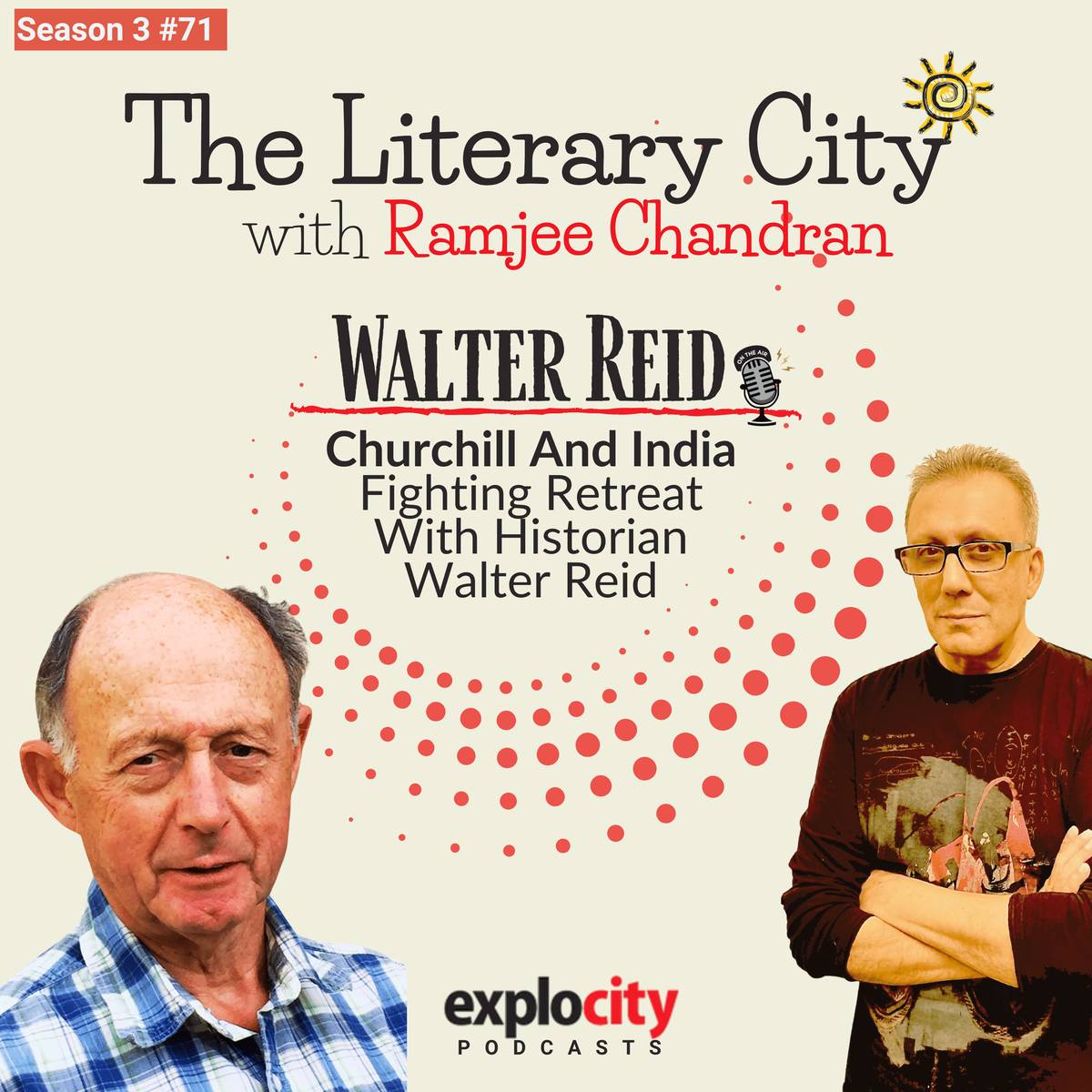
You know how some people just seem to have that star quality? Winston Churchill, he was one of those. No matter how many books, documentaries you may have imbibed—or, speaking of imbibed, tales you may have heard of his brandy-infused mornings, there's always an insatiable appetite for more and more Churchill.
His wit, his wisdom, and yes, even his lack of a filter in his shock-jock pronouncements—all adds up to a mystique, often a respect, that even the former colonies do not deny. Maybe the respect comes from his sense of personal conviction and his uncompromising dedication as a patriot. And not the least because he is credited with defeating Adolf Hitler.
Churchill's desire not to let India go seemingly bordered on obsession. Even when he wasn't steering the ship in India he was always with one eye on the country that made the Empire, well, the empire.
Today, to guide me through understanding Churchill and India, I have the privilege of talking to my guest—renowned historian and author, Walter Reid—whose new book, Fighting Retreat, unravels the layers of Churchill's impact on the Indian subcontinent.
From Churchill’s privileged though unconventional background, through the many accusations against him for being a racist and being cold-hearted, there’s also his apparent compassion for the underdog. As an example, his support for the Dalit cause.
In 1917, The Montagu Declaration marked a turning point in British ownership of India. The Irwin Declaration of 1929 tried to paper over its deficiencies. And then as one thing led to another in the 30 eventful years between 1917-1947, between Montagu-Chelmsford and independence, Churchill stoutly opposed any countenance of an India independent of the Empire.
He once spoke of the three factions—of Hindus, princely states, and Muslims—being the metaphorical "three-legged stool" upon which Britain sat indefinitely.
Was this divide and rule? Or was this good administrative strategy? How did it all pan out? I cannot wait to ask Walter Reid and to delve into the intricate relationship between the icon Winston Churchill and the complex tapestry of India.
Buy Fighting Retreat: https://amzn.to/3Rb1mHF
ABOUT WALTER REID
Walter Reid is a historian educated at the universities of Oxford and Edinburgh, a fellow of the Royal Historical Society, and the author of a number of acclaimed books on British politics and history, including Keeping the Jewel in the Crown: the British Betrayal of India and most recently Neville Chamberlain: The Passionate Radical. He raises sheep and cattle in Scotland and grows olives in France. He is married to Janet Reid, a journalist, and has two adult daughters.
WHAT'S THAT WORD?!
Co-host Pranati "Pea" Madhav joins Ramjee Chandran in the fun etymology segment, "WHAT'S THAT WORD?!" where they discuss the word “QUISLING” and Churchill’s wit.
CONTACT US
Reach us by mail: theliterarycity@explocity.com or simply, tlc@explocity.com

